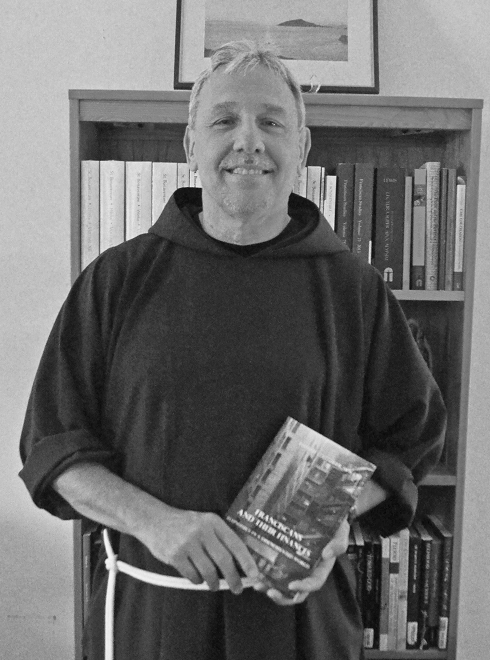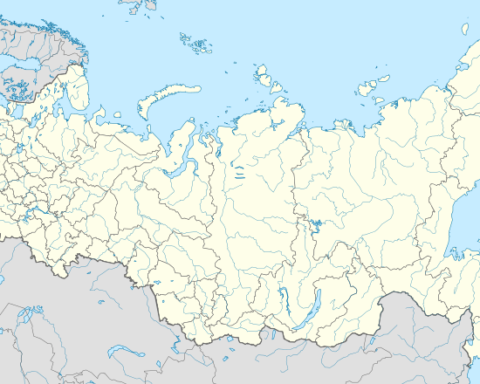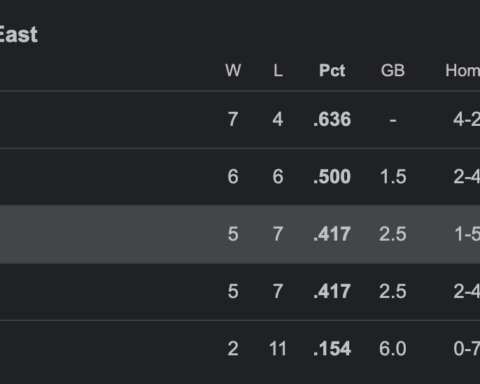In one of his sermons, St. Bernardine of Siena told a story of St. Francis’s encounter with a demon. The demon asked Francis what was the worst sin in the world. Francis replied that murder was the worst.
However, the demon said the one sin worse than murder was theft.
“It is this sin, which sends more people to hell than any other,” said the demon.
While Franciscans are widely known for their dedication to humility, poverty and service to the oppressed, their contributions to modern economics and entrepreneurship are often overlooked.
The science of economics, far from being an invention of Adam Smith in the late 18th century, was first systematized by scholastic theologians of the late Middle Ages and by Franciscans in particular.
In many respects, the scholastics had a fairly “capitalistic” view of the economy. They largely defended the use of private property, argued that prices and wages should be determined by the market through supply and demand and believed money could be used to serve the common good.
The first theologians to write entire works solely devoted to economics were Peter John Olivi and St. Bernardine of Siena, both Franciscans dedicated to living a life of extreme poverty.
Writing in the 13th century, Olivi was the first to conceptualize the term “capital” to reference money invested in businesses. He believed capital could be used to turn money into something fruitful. In this way, profits were just and useful to human flourishing.
Unfortunately, Olivi came under suspicion of heresy and many of his works were destroyed. Thankfully, St. Bernardine improved upon much of Olivi’s economic work in his “On Contracts and Usury.”
One of Bernardine’s greatest contributions to economic ethics was his defense of entrepreneurs. For Bernardine, merchants serve society by manufacturing and distributing goods to consumers. Profits then were fair payments to entrepreneurs for the risk and expenses they undertook to serve others.
Another Franciscan, Juan de Medina, also made great contributions in the 16th century to the theory of the free market. According to economist Murray Rothbard, Medina was “the first writer in history to advance the view clearly that charging interest on a loan is legitimate” in certain circumstances.
More Franciscans such as Alexander of Bonini, Astesanus of Ati and Richard of Middleton contributed to the scholastic tradition of economic ethics.
There was, of course, disagreement between theologians on certain economic matters. Usury was widely condemned for centuries during the Middle Ages. Domingo De Soto, a Dominican friar, actually condemned Medina’s radical view on charging interest on a loan. Franciscan thinkers like Duns Scotus had an artificial and fairly unfavorable view of private property.
However, the economic teachings of the Franciscan scholastics paved the way for a more favorable view of the free market as a whole.
The common assumption today is that a virtuous life must be one of poverty. Yet even some of the most ascetic and humble theologians understood that money, business and capital could be used to serve the common good.
Tyler Grudi is a staff writer for the Bona Venture. His email is
gruditj15@bonaventure.edu








